October has been quite the busy month for JPI Oceans' European Marinas Network Joint Action. This Knowledge Hub, co-led by the Hellenic Centre for Marine Research (HCMR) and the Consortium for coordination of research activities concerning the Venice lagoon system (CORILA), aims to make marinas and small ports drivers in environmental data collection, raising awareness about marine ecosystem protection whilst providing the scientific community with crucial and spatially spread coastal observations.
At the JPI Oceans Management Board meeting, hosted by HCMR, representatives from JPI Oceans’ member countries, the European Commission, and guests from further interested countries met to discuss JPI Oceans’ ongoing projects, governance and strategy. There, the European Marinas Network Knowledge Hub gained serious momentum: Croatia officially joined Italy, Germany, and Greece in this collaborative effort, and both the Terms of Reference and Implementation Plan were formally adopted after the official presentation of the Joint Action by Dr. Alexandra Pavlidou, the HCMR Research Director.
Almost simultaneously with the JPI Oceans Management Board, the 2025 ICOMIA World Marinas Conference took place in Venice (Italy): the perfect occasion for presenting the European Marinas Network initiative. As Dr. Pierpaolo Campostrini, the managing Director of CORILA, reminded attendees in his opening presentation: "Venice is the most ancient and resilient city of the future", deliberately built in a lagoon, thriving in one of the world's most complex coastal ecosystems. This set the tone for the three days Conference, highlighting the need of rethinking marinas not more as closed, exclusive spaces, but as hubs for innovation, sustainability, and community engagement.
This Conference was also the occasion for valuable networking opportunities. Indeed, as the European Marinas Network is a Knowledge Hub – one of JPI Oceans’ implementation tools bringing together experts to consolidate dispersed knowledge – the experts involved in this initiative had the opportunity to meet in person and align on the next steps of the project.
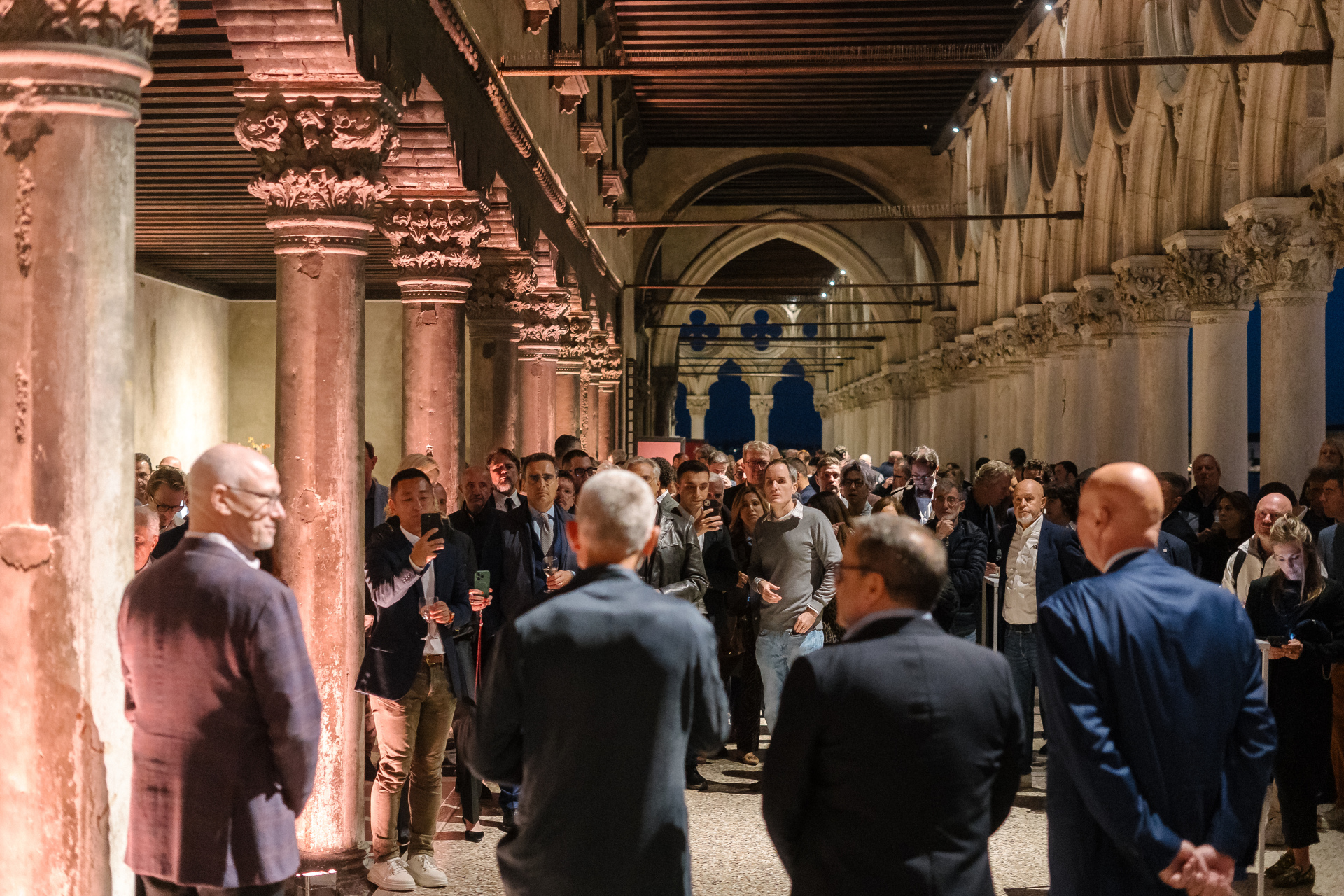
Between panels and sessions, attendees had the opportunity to visit some of the marinas in the north and south lagoon of Venice, gathering inspiration and insights from managers navigating the daily realities of coastal operations.
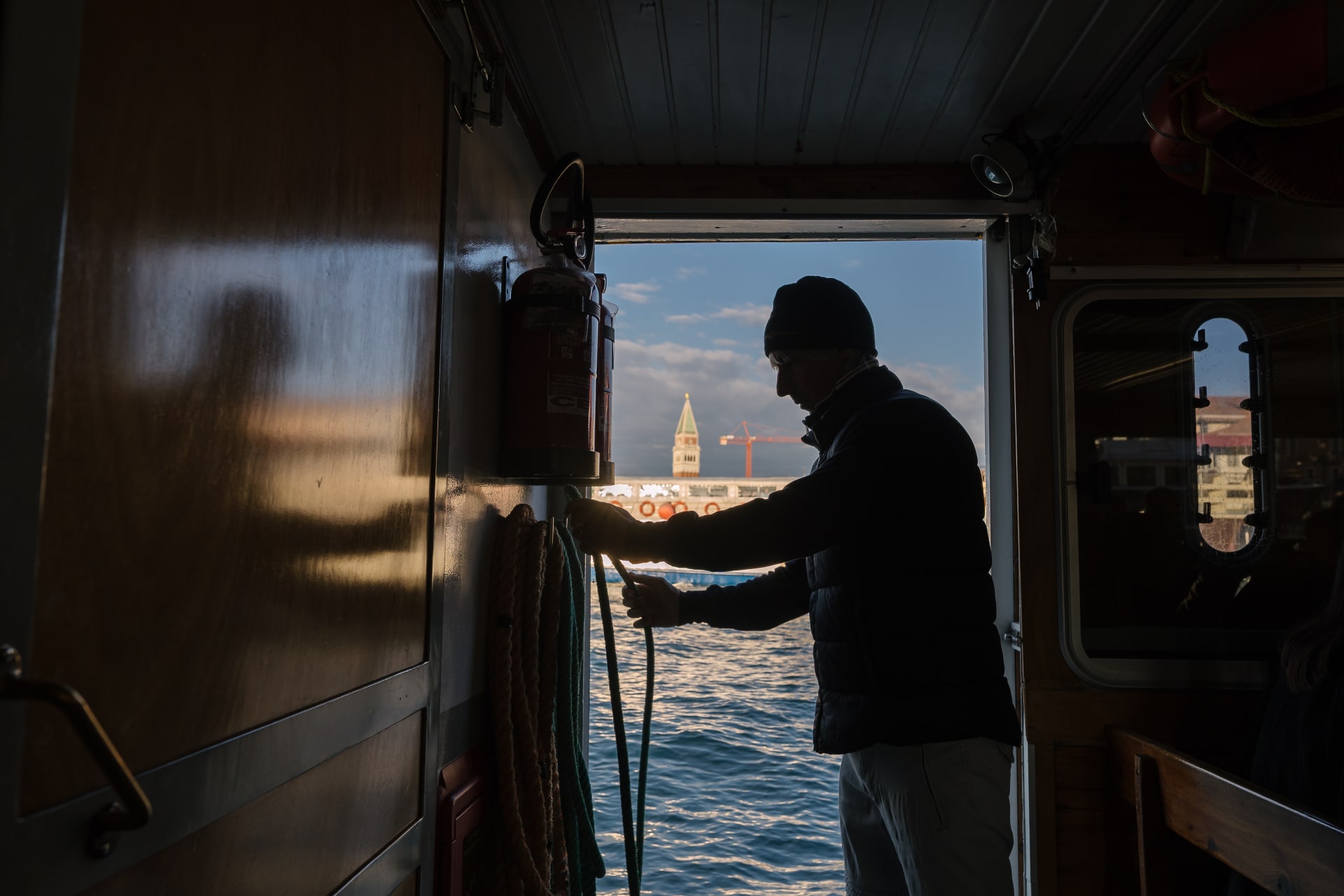
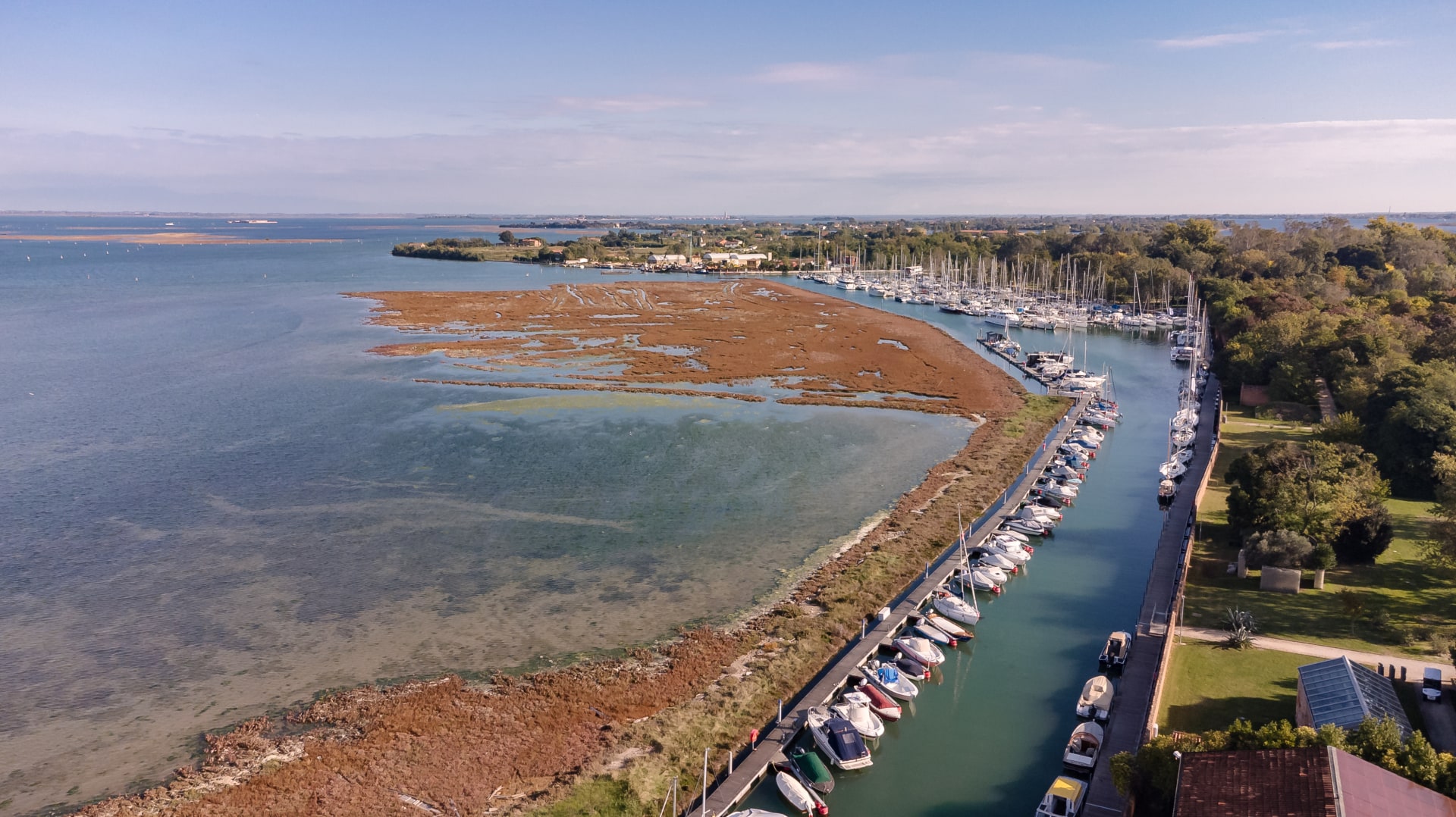
The conference marked the transition of the initiative from planning to implementation. We performed the first sensor installation outside Germany at Certosa Marina in Italy, launching the pilot phase of real-time data collection using SOOP (Shaping an Ocean Of Possibilities) sensors across the European Marinas Network. These sensors measure water level and temperature, with data displayed on an online platform currently in development to improve user experience. Following successful prototype installations at six locations in Germany, SOOP have now partnered with a commercial producer "Broxe - Marine Products" to manufacture the sensors, enabling wider deployment across further marinas. Further information about the sensor kit and ordering can be found here: https://broxe.de/soop
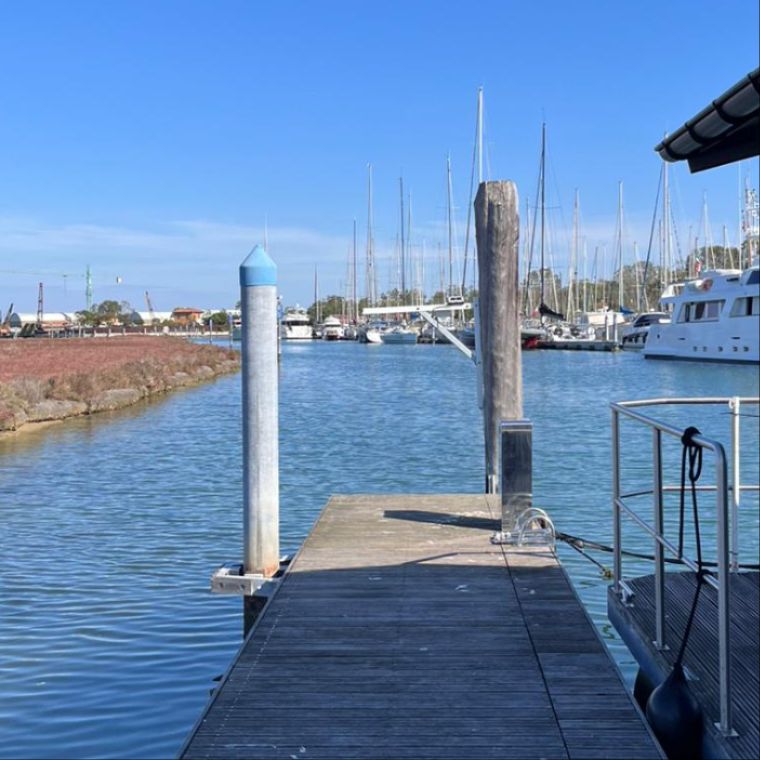
Dr. Toste Tanhua presented the European Marinas Network vision to an engaged audience of international marina professionals, explaining how spatially distributed data collection across European marinas will provide valuable information on the effects of climate change and sea level rise.
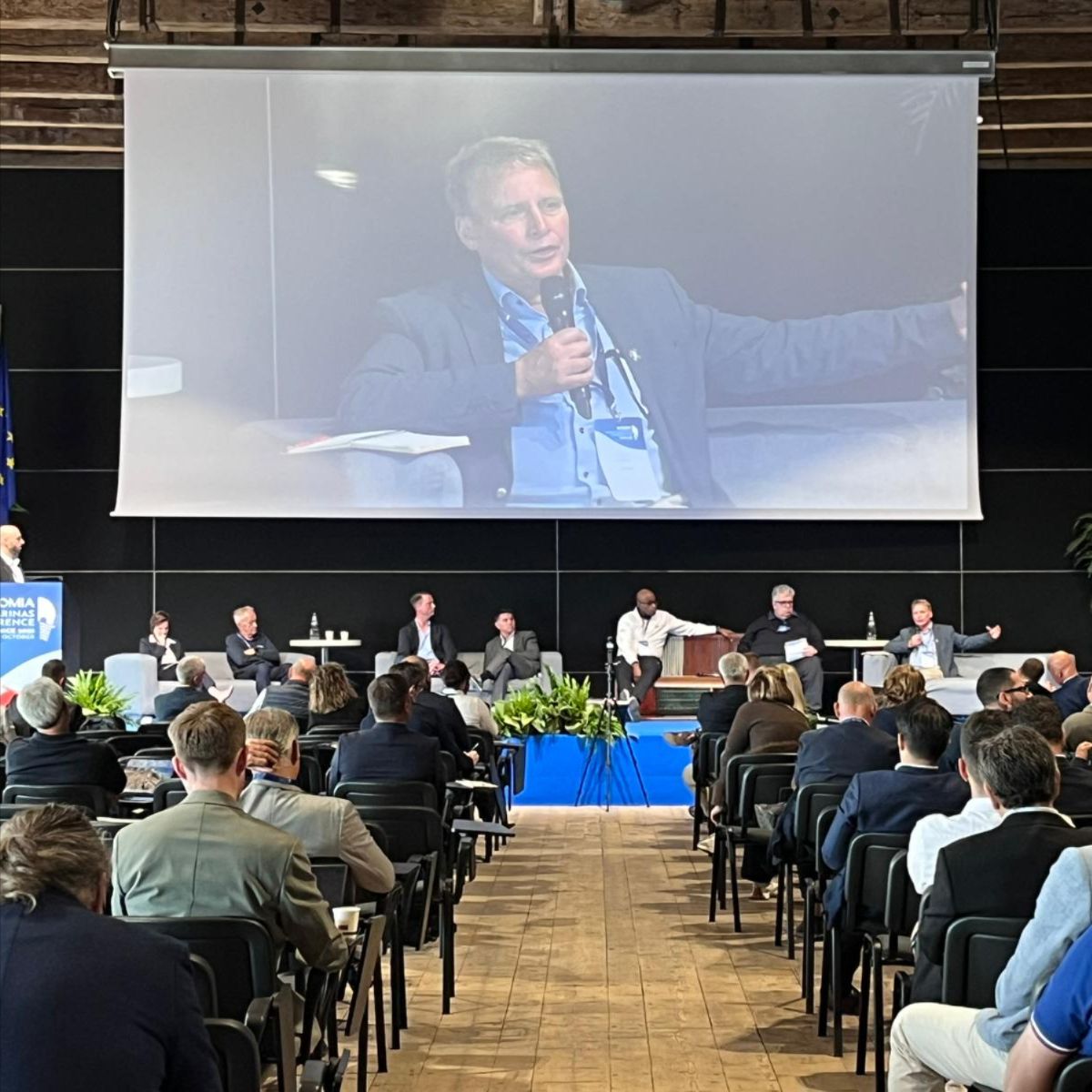
Marinas occupy a unique and strategic position in the land-sea interface as they provide stable infrastructure, regular coastal access, and connections to local communities who live and work at sea. In this framework, small ports can play a key role in advancing ocean observations, bridging the gap of reliable and spatially spread environmental data along the coast. By equipping these locations with standardised monitoring equipment, the European Marinas Network aims to create a cost-effective, scalable approach to data collection that complements traditional research vessels and satellite data. More importantly, it will make marinas active actors in ocean science, a shift that benefits both science and the coastal communities adapting to climate change.
With Croatia on board, the first sensors deployed, and a growing network of interested marina partners, the coming months will see additional sensor installations and the release of guidelines and protocols to ensure collected data is up to standard, while also reaching researchers and policymakers efficiently.
Around the year 1000, Doge Pietro II celebrated Venice's symbolic marriage with the sea, throwing a ring into the Adriatic to seal the bond between city and ocean. A thousand years later, around the same waters, pilot marinas are forging their own union with science, turning harbours into laboratories.
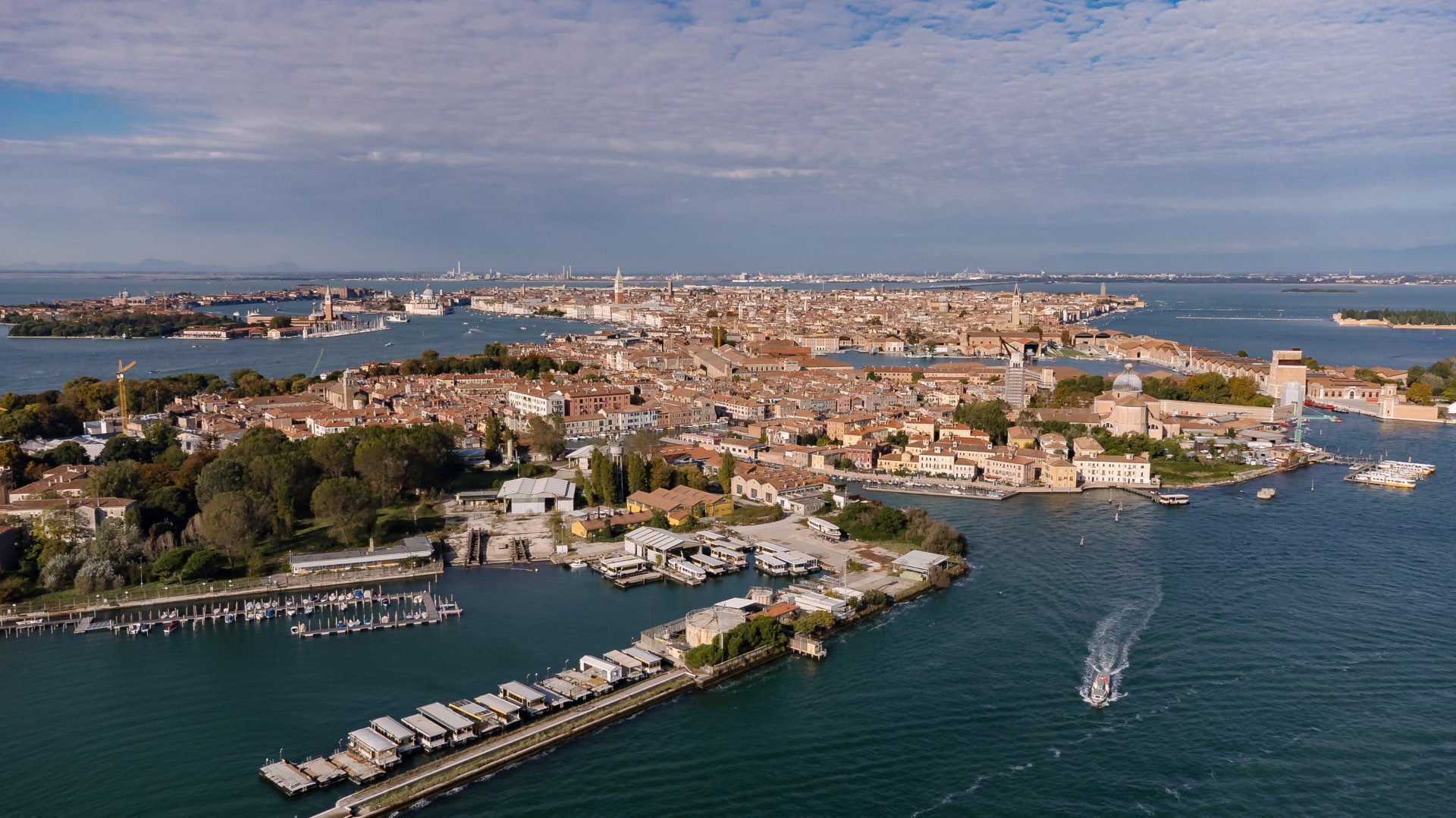
The Joint Programming Initiative Healthy and Productive Seas and Oceans (JPI Oceans) is a pan-European platform that increases the efficiency and impact of research and innovation for sustainably healthy and productive seas and oceans. We facilitate the efficient provision of expert knowledge and innovative solutions to enable informed policy delivery.
Learn more here.